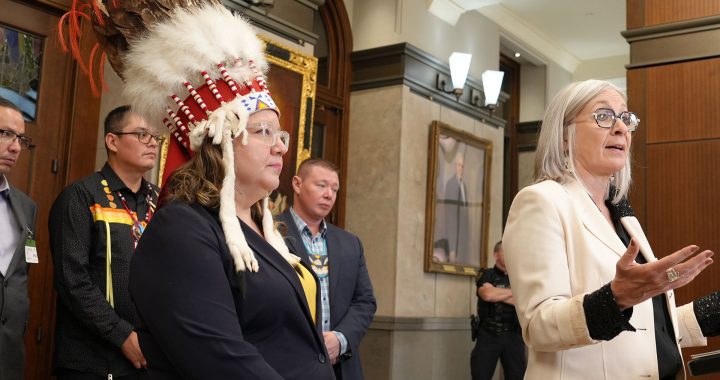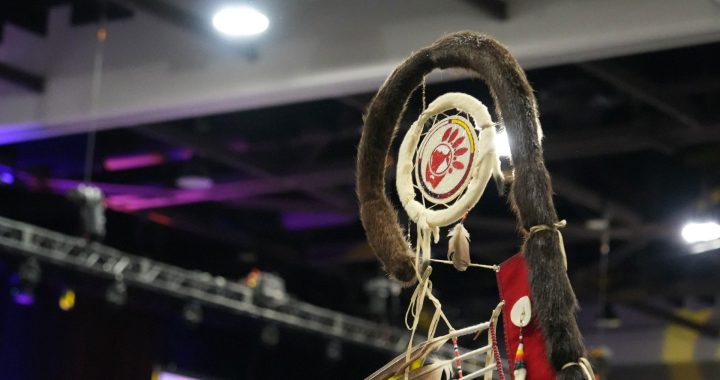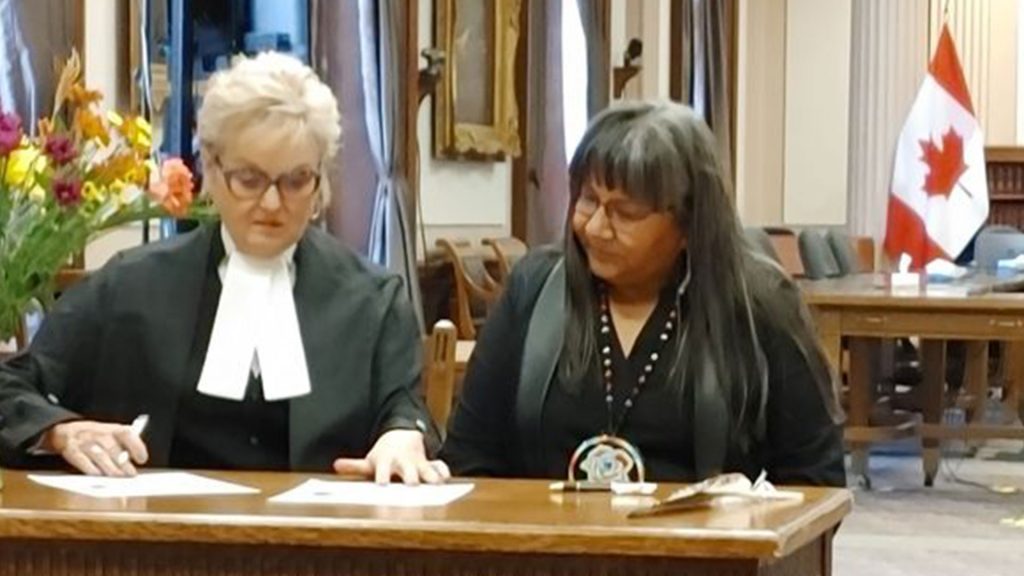
Sherry Gott (right) of Sapotaweyak First Nation is Manitoba's new Advocate for Children and Youth.
There are three things you should know about Manitoba’s new Advocate for Children and Youth.
Sherry Gott is First Nations, has a master’s degree in social work, and knows the Child and Family Services Act inside and out.
“I’ve been doing social work since the ‘90s,” Gott said in an interview following the announcement of her four-year appointment.
“My role is to amplify the voices of the children and the youth in Manitoba due to lack of services in mental health, addictions, health, education, child welfare, and to ensure that those services are provided for the children.”
Close to 90 per cent of children in the province’s child welfare and foster care system are Indigenous. Gott says keeping them safe is the Number 1 reason social workers remove them from their homes and communities.
“I’ve apprehended children,” she said in an interview after her four-year appointment was announced. “I’ve been one of the bad guys.”
But the practice is reminiscent of the federal government’s assimilationist residential school system, which forcibly removed children from their families and placed them in English-speaking schools run by religious orders.
So Gott understands why Indigenous communities want their own child welfare system.
Communities want to rely on “our natural laws [and] our natural systems,” says David Monias, chief of Pihicikamak [Cross Lake] First Nation.
That’s why he views Gott’s hiring as a good move.
“In my experience, it makes a big difference having someone Indigenous in a role like that. You don’t have to explain the realities of our communities – don’t have to explain our ceremonies and the kinship ties that we have.
“With her knowledge of our culture, we can understand each other.”
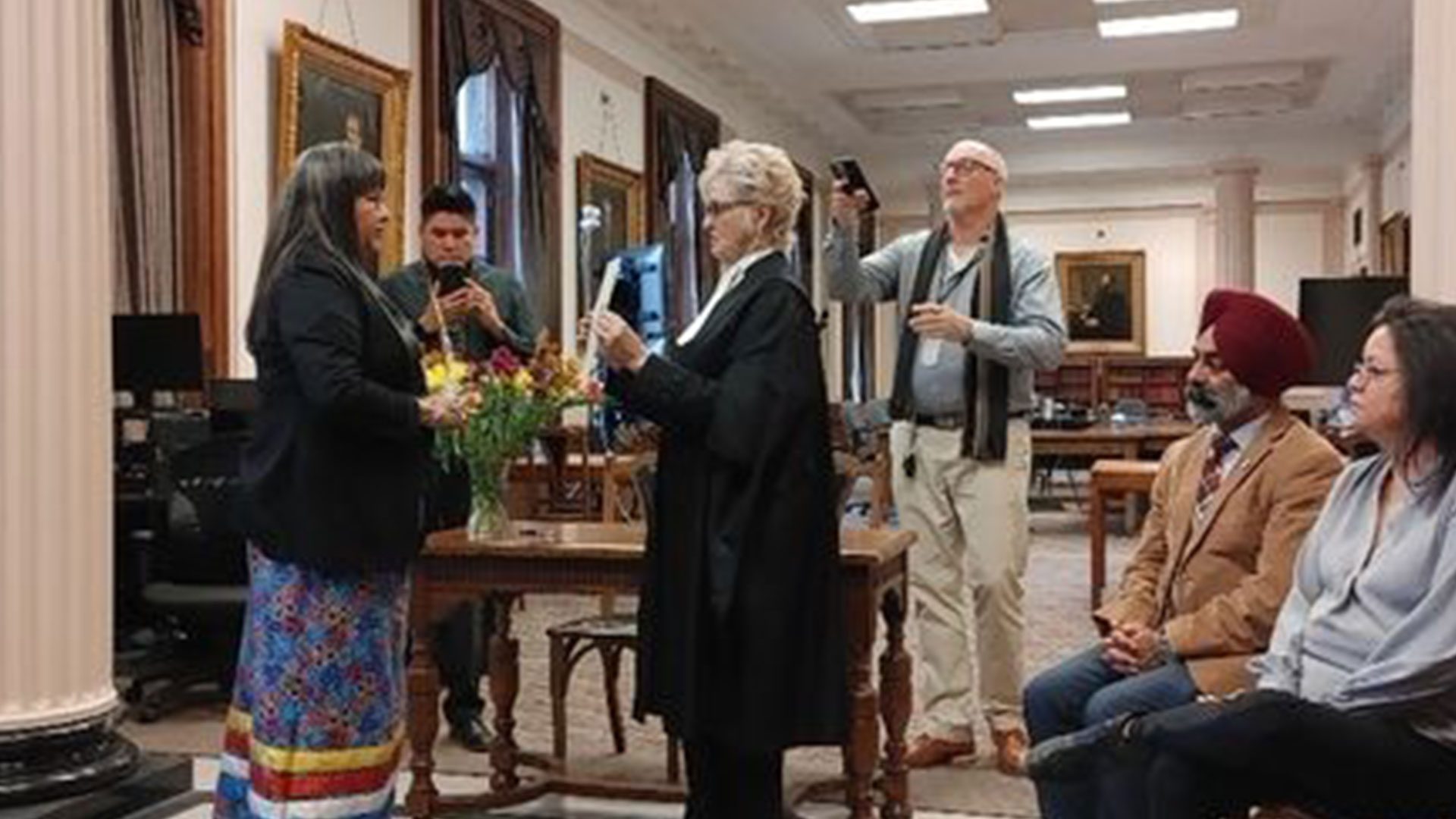
Gott, a member of Sapotaweyak Cree Nation, received an award for her contributions to the community in 2011 from the Aboriginal Social Work Society of Manitoba. Her latest role was as a member of the Missing and Murdered Indigenous Women and Girls Liaison Unit at Manitoba Keewatinowi Okimakanak.
She was inspired to become a social worker as a young girl while watching her maternal grandmother interact with new parents in her community.
“She was a supporter, an advisor, a midwife,” Gott says. “There was no judgement.
“I admired how she was involved with families in a non-confrontational way.”
Gott tried to emulate her grandmother while she worked in the system run by a colonial government.
She was always propelled by the needs of the children, she says, but wasn’t as aware as she is now of the impact on parents, families and communities.
It’s a subject she’ll be researching and likely reporting on as the advocate. Especially when it comes to rural and remote First Nations.
“What concerns me the most is the lack of services in the North,” she adds. “…There is lack of support in the (areas of) addictions, mental health, justice – any available service – in the North.
“When you’re isolated everything is harder,” she added. “I’ll be sure to visit those communities.”
The Assembly of Manitoba Chiefs [AMC] has long called for changes to the way non-Indigenous politicians and social workers deal with their children.
Gott was part of the system when it went through devolution – the creation of Indigenous child welfare agencies – as a way to incorporate Indigenous knowledge into decision making.
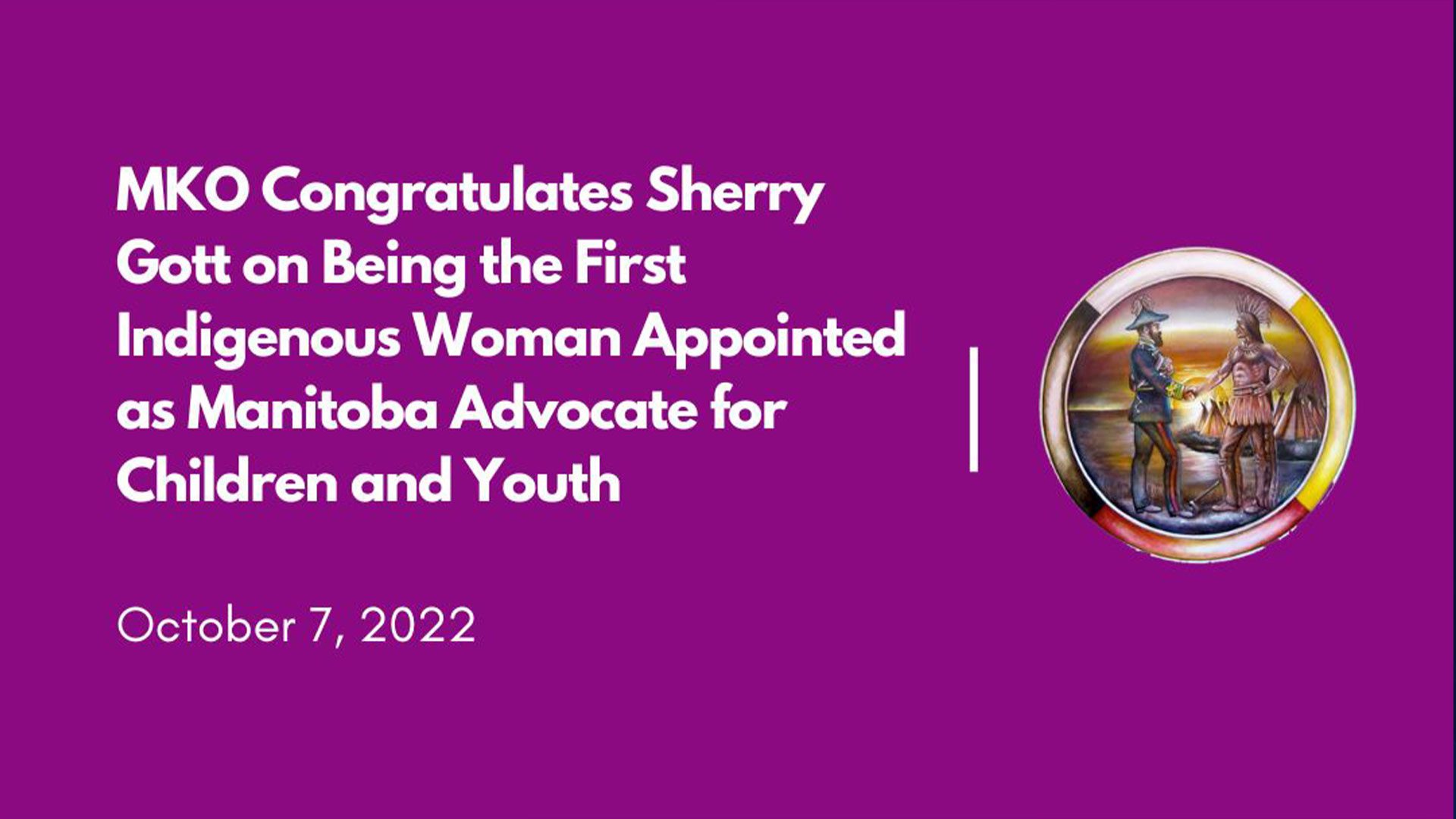
“I was part of the process,” she says of that historic time in 2002. “I was in favour of it.”
“There was hope that we were going to manage our own children and families.”
The provincial government attempted to decolonize child welfare, Gott says, but it still ruled.
Indigenous social workers inside new Indigenous agencies were still bound by provincial judgements, attitudes and rules.
“There was four authorities developed for the North, South, General and Métis, so there was hope that we were going to be able to manage our own children and families, the way we do the work, and casework and all that – and that never happened.
“We still had to follow the legislation, regulations and the standards.”
Chief Derek Nepinak of Pine Creek First Nation says the AMC hired Cora Morgan as its own First Nations Family Advocate because she is not a social worker.
“There’s a very strong core of communities and people that are moving away from an association with provincial legislation more than they are moving towards it,” he says.
Morgan, who is First Nations, did not respond to a request for comment APTN News made through the AMC.
Gott acknowledged the tense and sometimes acrimonious relationship between Indigenous child welfare agencies and their authorities and the provincial system – especially when children fall through the cracks.
Her role now is to research, analyse and make recommendations on those situations in public reports, she says while pointing to a stack of papers on her desk.
“Many people know me and know I’m a straight talker,” she says. “That won’t change now.”
Read More:
New report highlights challenges facing youth in Manitoba
Gott will be watching as the next attempt to Indigenize child welfare occurs through the federal Liberals’ Indigenous child welfare law via Bill C-92.
The “Act respecting First Nations, Inuit and Métis children, youth and families” recognizes Indigenous communities’ inherent jurisdiction over their children.
Gott has her own Act – the Child and Youth Advocate Act – and says she will speak up if she sees a gap or best practices aren’t followed.
“That is our role to call that out to ensure children are getting the best services in Manitoba,” she says.




